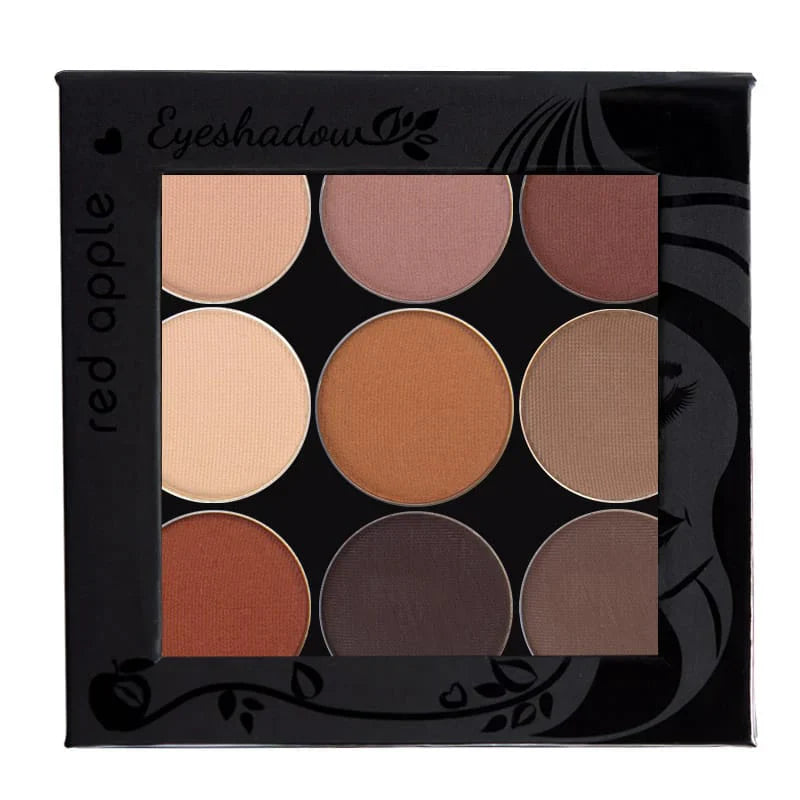Bumps on Lipstick - What Are They?

Ever popped open your go-to lipstick and spotted tiny bumps winking back at you? Yep, even on those brand-spanking-new ones!
So, what's the deal with these small bumps on lipsticks? Should you keep using your bumpy buddy or bid it goodbye? Dive into this article where we at RAL unravel the mystery of these bumps on lipstick. It's a bumpy ride, but a fun one – keep reading to find out!
What Are Those Little Bumps On A Lipstick?

These little bumps do have a name. They are actually small beads of liquid that have accumulated on the surface and this occurrence is called lipstick "sweating". (Some also call it blooming.)
The more emollient ingredients in them have separated and have come up to the surface. So, the creamier your lip products are, the more likely this is to occur.
Causes for These Tiny Bumps
So, what exactly causes this "sweating" appearance? Well, these beads of "sweat" are oils (emollients) that have been used in the makeup of lipsticks. They have separated and have come up from the formula and collected on the surface.
There can be many possible causes, but this will usually occur when lipsticks have been exposed to changing temperatures around them such as from warm to cold and back to warm.
Other potential causes can be:
Humidity
Much like high heat, an increase in warm moisture in the air can aid in the separation of oils.
Natural Ingredients Settling Over Time
Oils and waxes that have been used in the ingredients of lipsticks do tend to separate over time. This is because they are sometimes not very compatible, meaning that they don't blend the best with the rest of the ingredients. Because of their natural makeup, they end up separating with time.
Essentially, if your lipsticks are prone to get these beads of "sweat", they will either appear in time, as the lipsticks age or if there is a drastic change or increase in temperature.
Are Lipsticks with Small Bumps on Them Safe to Keep Using?

Although they may not be all that appealing (visually), these little bumps are harmless. In many cases, this means that these products have been made with certain types of oils.
So, seeing some “sweating” means that some of the oil has simply worked its way to the outside. There is nothing bad about this.
Sweating can slightly alter the composition of lipsticks and maybe even their texture. Other than that, though, they are safe to use and be applied to the lips as sweating is completely harmless. Plus, it can be easily wiped off with some tissue paper.
You should only be concerned (and throw out your lippies) if you see any white patches on them. White patches can mean you have mold. Yes, you read right, MOLD. Click here to learn more about this.
How to Help Prevent "Sweating"
There are a few things you can do to prevent or slow down the process of "sweating." Make sure to follow these suggestions to help your products stay in good condition and last longer.

Store in a Cool Place.
A cool and dry place is the best for storing any lip product, away from direct sunlight. Avoid storing in the bathroom though, as moisture and humidity are present there.
Both sun exposure and exposure to moisture can deteriorate products. Because of this reason, many will store their cosmetics in the refrigerator. Perhaps that's an idea to keep in mind.
Keep Them Closed When Not in Use.
Another great way to minimize exposure to moisture, as well as air, is by keeping your lipsticks closed. Whenever you're not using them, make sure the caps are on all the way.
Avoid Exposure to High Temperatures.
The biggest culprit for causing "sweating" is heat. So, avoid keeping lipsticks where they can experience extreme temperature changes. This is why you should never leave any cosmetics in the car, especially during summer when it tends to overheat in there.
Sweating or blooming is harmless and more common than you may think. Products experiencing sweating are safe to keep using. However, if you are not sure if it is indeed sweating or if it's something else, whether mold or if it has expired, the best thing to do in that case is to just toss it.
Frequently Asked Questions:
What do bumps on lipstick mean?
Bumps on lipstick typically mean that the product has undergone a minor change, often related to temperature or storage conditions. It's a common occurrence and doesn't usually signal any harmful or dangerous changes in the lipstick. Think of it as your lipstick's quirky way of reacting to its environment!
Why does my lipstick have bumps?
Bumps on lipstick can occur due to various reasons. They often appear when the lipstick "sweats" – this is similar to how chocolate reacts to temperature changes. These bumps can also show up if the formula of the lipstick slightly separates over time. Rest assured, these small bumps on lipsticks are usually harmless and don't affect the quality or safety of the product.
How can you tell if your lipstick has expired?
Your lipstick might be expired if you notice:- Odor Change: It starts smelling off or rancid.
- Texture Alteration: The lipstick becomes dry or changes in consistency.
- Reduced Pigmentation: The color doesn't appear as vibrant as before.
- Application Difficulty: It becomes harder to apply smoothly.
When you observe these signs, it's likely time to replace your lipstick.





